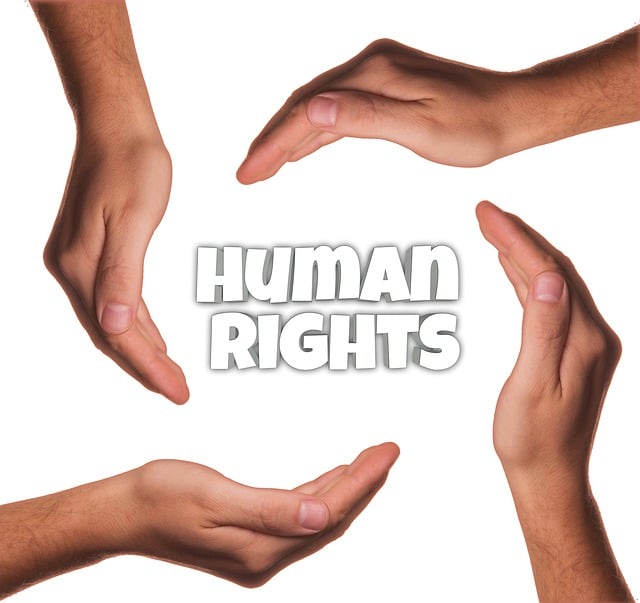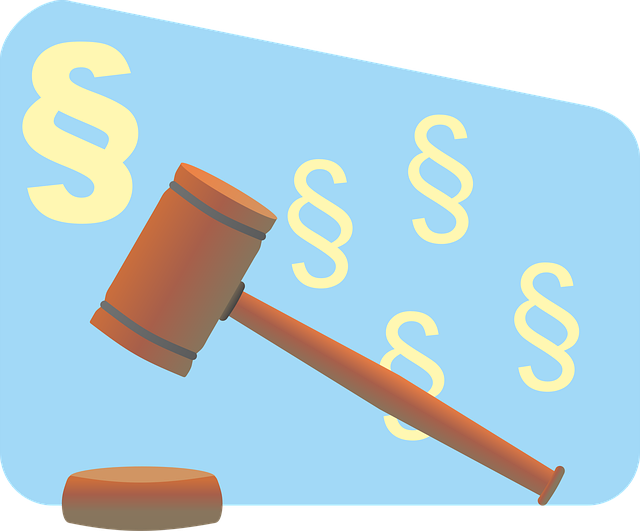Prosecutorial discretion plays a pivotal role in shaping case outcomes, especially in high-level white-collar crimes. This discretionary power allows prosecutors to balance justice with punishment and rehabilitation when deciding charge pursuits. Effective legal representation can sway these decisions through robust defenses, inconsistencies highlighting, and mitigation efforts. Organizations face unique challenges in such scenarios, requiring proactive measures like internal investigations, compliance programs, and transparent communication to mitigate prosecutorial discretion's impact on their case outcomes.
In the intricate world of C-level investigations, prosecutorial discretion plays a pivotal role in determining case outcomes. This article delves into how this key factor influences the fate of high-profile inquiries, examining its profound impact on corporate governance and executive accountability. We explore successful instances where discretion served justice, while also addressing the challenges it poses and offering strategic insights for enhancing transparency in these delicate matters.
- Prosecutorial Discretion: A Key Factor in Case Outcomes
- Understanding the Impact on C-Level Investigations
- When Discretion Favors Justice: Success Stories
- Navigating Discretion's Challenges: Strategies for Transparency
Prosecutorial Discretion: A Key Factor in Case Outcomes

The outcome of criminal investigations, especially at the C-Level, heavily relies on a critical factor—prosecutorial discretion. This power, vested in prosecutors, allows them to decide whether to pursue charges and how aggressively to prosecute a case. Given the complexity of white-collar crimes, this discretion plays a pivotal role in shaping the trajectory of any legal proceedings. Prosecutors consider a myriad of factors before making their decisions, ensuring that justice is served while also maintaining a balance between punishment and rehabilitation.
Achieving extraordinary results in these cases often hinges on how effectively a defendant’s respective business practices and intentions are communicated during the investigative process. By presenting a compelling defense strategy, focusing on factual inconsistencies, and highlighting efforts to mitigate potential harm, legal teams can influence the prosecutor’s discretion. Ultimately, this could lead to more favorable outcomes, demonstrating that proper legal representation is key in navigating the intricacies of criminal investigations and their subsequent case outcomes.
Understanding the Impact on C-Level Investigations

The launch of C-Level investigations brings significant attention and pressure, especially considering the high-stakes nature of such cases. When involving top-level executives, the consequences can be far-reaching for both individuals and respective businesses. Understanding how prosecutorial discretion influences case outcomes is crucial in navigating these complex scenarios. The impact extends beyond legal strategies; it shapes public perception and ultimately affects a company’s standing in the market.
In high-profile investigations, the ability to present a compelling defense becomes pivotal. Winning challenging defense verdicts is not merely about legal loopholes but also strategic communication and evidence management. The key lies in recognizing the prosecutorial discretion impact on case outcomes, allowing for proactive measures to mitigate risks and strengthen defensive positions.
When Discretion Favors Justice: Success Stories

In the realm of justice administration, discretion often plays a pivotal role in shaping case outcomes. The concept, especially when applied by prosecutors, is a double-edged sword—it can either hinder progress or expedite it. When used judiciously, prosecutorial discretion can lead to remarkable successes in both general criminal defense and white-collar cases. An unprecedented track record of convictions and resolutions is not uncommon when this power is wielded responsibly.
This strategy involves carefully evaluating each case, considering its unique circumstances, and making informed decisions. For instance, dismissing charges where there’s lack of substantial evidence or negotiating plea deals that offer lighter sentences in exchange for cooperation can significantly impact case outcomes. Such actions demonstrate a commitment to fairness and efficiency, ensuring the justice system remains effective without compromising integrity.
Navigating Discretion's Challenges: Strategies for Transparency

Navigating the realm of discretion presents unique challenges for organizations, especially when facing high-stakes investigations. Prosecutorial discretion, while critical in ensuring fairness and resource allocation, can significantly impact case outcomes. This is particularly true in white-collar defense scenarios, where a company’s respective business practices may be under scrutiny. An unprecedented track record of successful navigations through such processes can reflect a robust strategy for transparency.
To foster openness, organizations must implement proactive measures that demonstrate their commitment to ethical conduct. These strategies should encompass comprehensive internal investigations, robust compliance programs, and clear communication channels with regulatory bodies. By adopting these methods, companies can mitigate the risks associated with prosecutorial discretion and ensure that their actions remain above board, fostering a culture of integrity within their respective business operations.
The intricate relationship between prosecutorial discretion and its impact on C-level investigations is a critical aspect that cannot be overlooked. As highlighted in this article, understanding how discretion shapes case outcomes is essential for fostering transparency and ensuring justice. By recognizing the power and challenges of prosecutorial discretion, organizations can navigate the legal landscape more effectively. Success stories demonstrate that when discretion aligns with justice, significant changes can occur. Therefore, adopting strategies to enhance transparency during investigations becomes a vital step in holding those at the highest levels accountable while mitigating potential biases.






